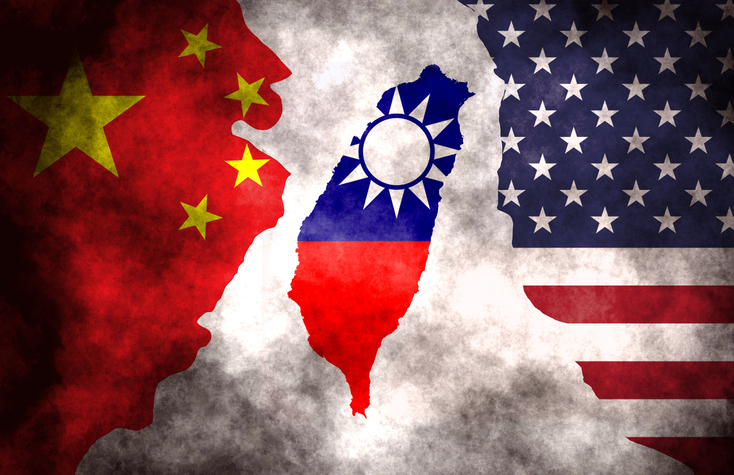On June 16–17, 2023, US Secretary of State Antony Blinken traveled to China. The level of the trip was the greatest between the two nations in the previous five years. The visit’s main takeaways were:
- Restoring communication and cooperation: Blinken and his Chinese counterpart Wang Yi, the foreign minister, agreed to resume high-level communication and collaboration on issues of shared interest, such as climate change and nuclear nonproliferation. • Addressing differences: The two sides also discussed their differences on issues like human rights, trade, and Taiwan. Blinken underlined US worries on China’s record on human rights and its escalating assertiveness in the South China Sea.
- The economy: It is still unclear how the visit will affect the economy. According to some experts, it might contribute to stabilizing US-China relations, which might be advantageous for the world economy. Others think that because the two nations are already embroiled in a trade war, the visit will not have much of an effect on the economy.
In general, the trip was viewed as a move toward improving ties between the US and China. The visit’s potential long-term economic effects, however, cannot yet be determined.
- China’s economy is experiencing difficulties: China’s economy is dealing with several issues, such as a slowdown in the real estate market, record-high rates of youth unemployment, and declining foreign investment. The US-China trade conflict may make these difficulties worse.
- Interdependence between the two economies: Because of the interdependence of the US and Chinese economies, any interruption to one could have repercussions on the other. For instance, job losses in the US may result from a slowdown in China’s economy and vice versa.
What about Taiwan?
- The United States reaffirmed its adherence to the “One China” policy: The People’s Republic of China is the only legal government in China, and the US has always recognized this fact and opposes Taiwan independence.
- China warned the US against meddling in Taiwan: China has always claimed Taiwan as its own territory and has threatened to use force if Taiwan ever declares independence. However, the US also has a long-standing commitment to making sure that Taiwan can defend itself. Chinese officials cautioned the US from meddling in Taiwan’s internal affairs during Blinken’s visit.
Despite their disagreements, the US and China concurred that communication channels should remain open regarding Taiwan. This is crucial since any error in judgment or miscommunication could result in conflict.
Overall, the Taiwan conversation was contentious but helpful. Although both sides reaffirmed their viewpoints, they also decided to continue speaking. This is a good move since it might aid in averting a Taiwan crisis.
Here are some more specifics regarding how the Taiwan dispute is affecting the economy:
Taiwan is a significant trading partner for both China and the US. Taiwan is a significant trading partner for both China and the US. The US and China each exported $180 billion worth of goods to Taiwan in 2022, totaling $105 billion. The world economy may be significantly impacted by any interruption of commerce between Taiwan and the US or China.
The recent visit by US Secretary of State Antony Blinken to China marked a significant step toward improving relations between the two nations. While the trip resulted in agreements to restore communication and cooperation on shared interests, such as climate change and nuclear nonproliferation, differences on issues like human rights, trade, and Taiwan were also addressed. The contentious discussion around Taiwan highlighted the need for open communication channels, as any miscommunication or misjudgment could potentially escalate into a crisis. As the economic impact of the Taiwan dispute looms large, any disruption in trade between Taiwan and the US or China could have far-reaching consequences for the global economy. It is essential for both sides to continue dialogue to avert a potential catastrophe and maintain stability in the region.





